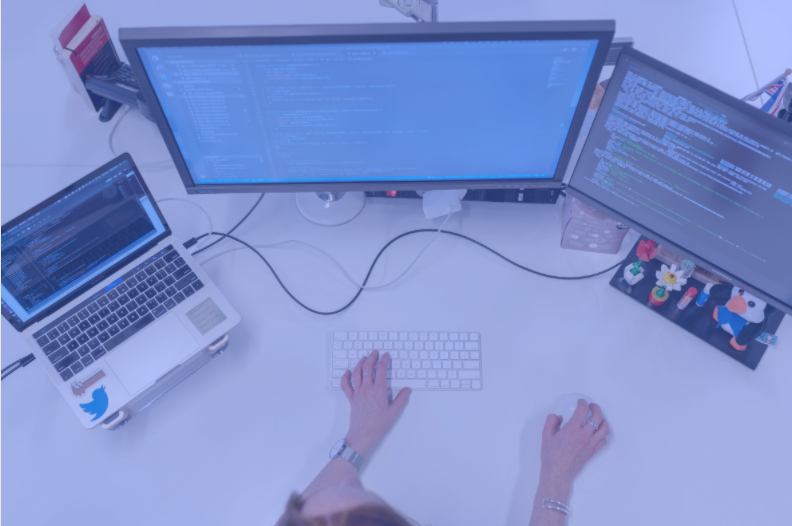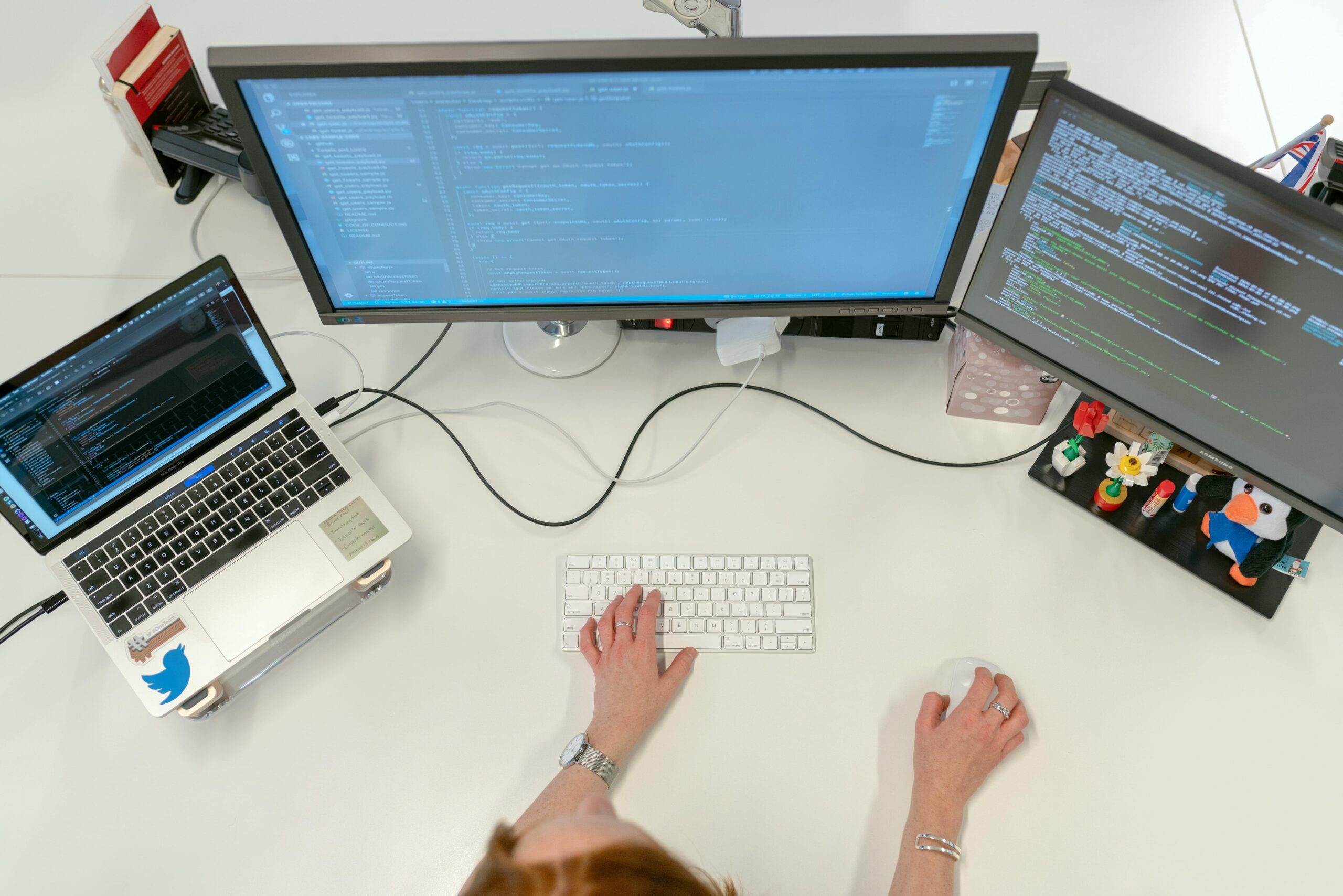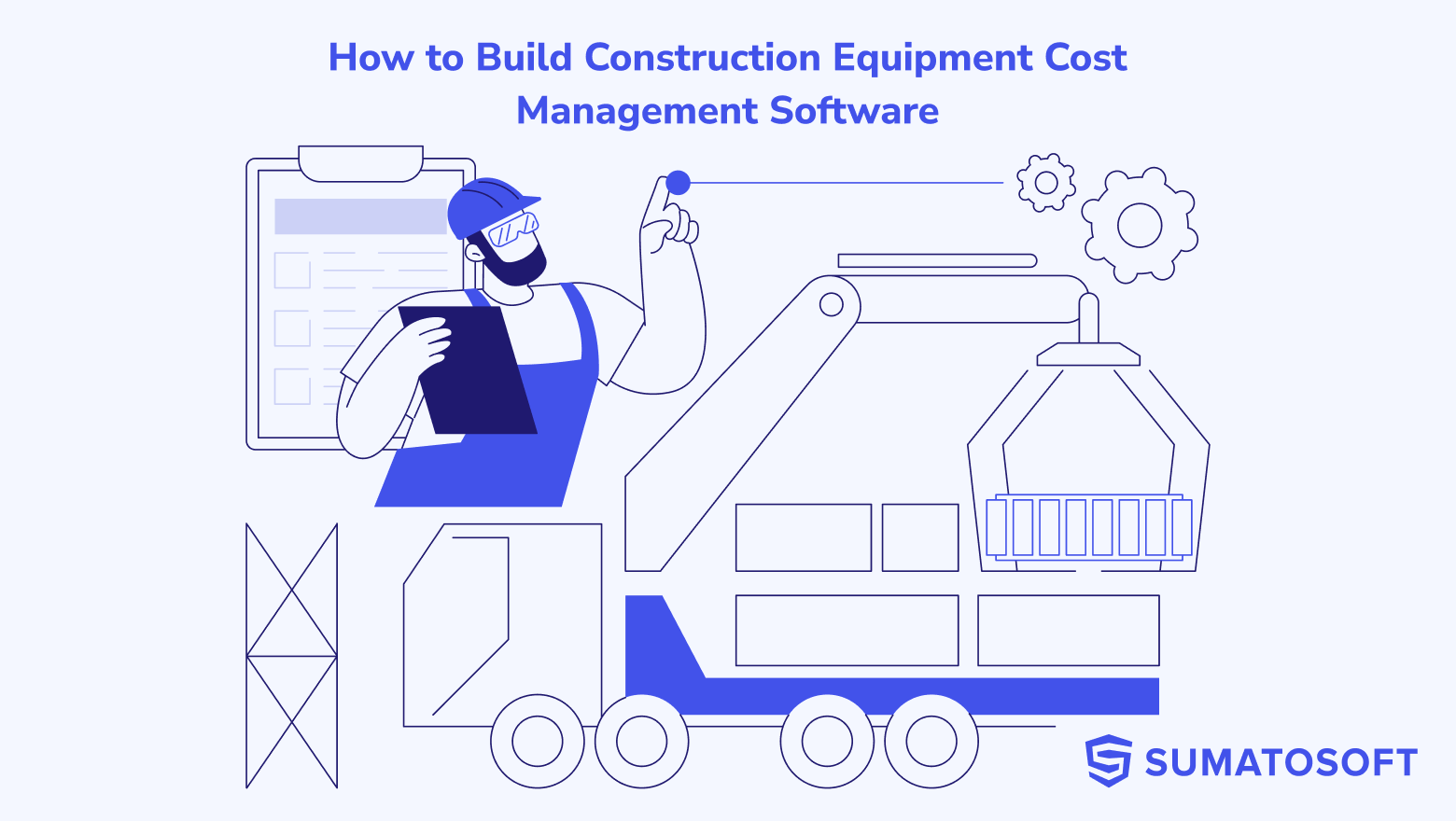Explained by Experts: 18 Types of Software Developers Roles


The software development area is constantly changing. Every few months, new areas of expertise, technology, and methodology appear, which are forged by the unremitting innovation of the software industry. Consequently, new types of software developer roles and careers appear.
There are many types of software engineer roles in different engineering functions and, unfortunately, there is no universally accepted classification, terminology, and or industry glossary yet. Job description functions and knowing the skills can differ from one software development company to another.
The article was extended in 2023 with the 18th type of software developer: an AI engineer. We decided to include this job title because of the beginning of ChatGPT’s mass adoption in early 2023.
Our team made an attempt to systematize software development careers in the table below.
| Classifier | Careers Samples | Description |
|---|---|---|
By software development type |
App developer, Frontend developer, Backend developer, Mobile developer… |
|
By close to the hardware |
Low-level developer, High-level developer |
High-level developers use high-level scripting languages (such as PHP, Perl, Python, and Ruby) to write code that is far from hardware. Low-level developers use low-level languages such as assembly language and C to write code that is very close to the hardware. Embedded developers are low-level developers in most cases. |
By experience |
Architect, Lead, Senior, Middle, Junior… |
|
By software development lifecycle |
Business Analyst, Project Manager, Software Architect, UX/UI Designer, Programmer, QA Engineer, Tester, DevOps… |
18 Types of Software Developers Roles
1. Front-End Developers
Specialize in the visual user interface, aesthetics, and layout. They are committed to creating web applications and websites. For example, a front-end developer can easily create the layout of a random name generator tool, complex eCommerce website, or android and ios app. Their role only focuses on understanding human-computer interaction and design, not theory. Their skills include user experience (UX) design, CSS, JavaScript, HTML, and UI framework.
Our team made an attempt to systematize software development careers in the table below.
- Markup developers are those who work on more or less simple interfaces using HTML, CSS, and simple JavaScript.
- Frontend app developers are those who create complex frontend interfaces including the ones with business logic using more advanced technologies like ReactJS.
You may also like our previous article:

2. Backend (Server-Side) Developer
Backend developers specialize in the design, implementation, functional logic, and performance of systems. The backend of the website consists of servers, applications, and databases, and server-side developers help build and maintain these components. By doing so, they enable the user-facing side of the website to exist. Backend developers are also responsible for API development. Their development skills are .NET, Ruby, Java, C++, Python, Scala, and others.
3. Full-Stack Developer
Full-stack developers are responsible for both the front-end and back-end work of the application. They have the skills needed to create fully functional software. The skills of full-stack developers will include a combination of front-end and back-end developers. A full-stack developer role is one of the high-demand software development jobs. With the right software development consulting services, businesses can access top-tier full-stack developers to enhance their projects.
4. Middle-Tier Developer
This is a developer who writes non-UI code that runs in the browser and often talks to non-core code that runs on the server. Usually, the middle layer is the “pipe” of the system. The term “middle-tier developer” is used to describe someone who does not specialize in front-end or back-end but can take care of both at the same time, without being a full-stack developer.
5. Mobile Developers
Mobile developers write code for iOS, Android, or Windows applications. Mobile developers understand mobile operating systems and the environments and frameworks used to create software on these systems. They need various development skills such as Java, Swift, Objective-C, application programming interface, web development language, and cross-platform mobile kit.
Types of mobile developers:
- Native apps developers
- iOS developers
- Android developers
- Windows
- Cross-platform / Hybrid apps developers
- React Native
- Unity
- PhoneGap
- Xamarin, etc

6. Desktop Developers
This is a developer dedicated to developing software applications that run locally on desktop operating systems (such as Mac OS, Windows, and Linux). Desktop developers often use GUI toolkits, such as XAML, Cocoa, Gtk, WinForms, etc.
Examples span everything from media editors to CAD/BIM tools used by architects, where domain teams might prototype workflows against free architectural design software to validate usability and file interoperability.
7. Embedded Developers
Among types of software development roles, there are embedded enterprise developers that can use hardware that is not normally classified as a computer. For example, microcontrollers, real-time systems, electronic interfaces, set-top boxes, consumer devices, IoT devices, hardware drivers, and serial data transmission all fall into this category.
Embedded developers usually use languages such as C, C++, Assembly, Java, or proprietary technologies, frameworks, and toolkits for their work.
8. Database Developer
Database developers, also known as database programmers, are mainly responsible for creating and implementing computer databases. They determine the best database management system for a specific client, test the efficiency and performance of the database program, and troubleshoot and correct problems.
9. Cloud Developers
Cloud engineers are responsible for managing the organization’s cloud-based systems and processes. The specific tasks include: setting up the architecture using AWS, Microsoft Azure, Google Cloud, or other cloud providers and managing the security and access of cloud-based systems. Cloud developer has experience using cloud-native applications, developer tools, managed services, and next-generation databases.
10. Security Developer
Security developers are about creating systems, methods, and processes to test the security of software systems and fix security vulnerabilities. They use various tools to complete their work, such as scripting languages such as Python and Ruby. They also use coding languages such as C and C++ to read and understand the operating system. The purpose of their work is to ethically hack the system to discover its vulnerabilities.

11. Software Development Engineer in Test (SDET)
SDET developer is responsible for writing software to verify the quality of the software system. They create automated tests, tools, and systems to ensure that products and processes perform as expected. The technologies used by SDET include Python, Ruby, and Selenium.
12. DevOps Developer
DevOps developers know technologies and tools to build, deploy, and integrate systems and manage backend software. To simplify the definition, backend developers are the ones who create applications, while DevOps can create applications as well as deploy and monitor them. DevOps requires experience with the following skills, such as Kubernetes, Docker, Apache Mesos, Jenkins e.t.c, and HashiCorp stack.
13. Data Science Developer
Data scientist developers write programs to analyze data sets. They are usually responsible for statistical analysis, machine learning, and predictive modeling. Their skills cover programming languages (R, Python), various effective methods, familiarity with machine learning methods, understanding multivariate calculus and linear algebra, and dealing with data defects. Learning data science is a valuable endeavor that can equip individuals with the necessary skills to become proficient in analyzing data sets, performing statistical analysis, implementing machine learning algorithms, and utilizing predictive modeling techniques.
14. Big Data Developer
Big Data developers write software programs to store and retrieve large amounts of data in the system, such as data warehouses, ETL systems, relational databases, data lake management systems, etc.
Big data developers are usually familiar with frameworks and systems for distributed storage and processing of large amounts of data (such as MapReduce, Hadoop, and Spark). The languages used by big data developers include SQL, Java, Python, and R.
15. Game Developer
Game developers are those who make games. They have specific knowledge and skills in designing engaging interactive gaming experiences. They are also subdivided into 4 big groups – web, mobile, desktop, VR developers.

16. Graphic Developers
This is a kind of software for rendering, lighting, shadows, shadows, culling, and scene management. Graphic developers are usually responsible for integrating technologies in the gaming and video production industries. Frameworks include DirectX, OpenGL, Unity 3D, WebGL. For more advanced graphics developers, low-level development requires C, C++, and Assembly.
Graphics development used to be a form of low-level development, requiring advanced mathematics and computer science training. With the introduction of commercial and open-source frameworks and systems, it becomes more and more accessible.
17. Customization Developers
This specialization belongs to the types of developer roles in the field of customization of various SaaS applications available in the market. These app developers are tasked with improving customer satisfaction and adding features that are not available in out-of-box solutions.
Samples of customization developers:
- SAP developers
- Salesforce developers
- Shopify developers
- Magento developers
- WordPress developers
18. AI Engineer
AI (Artificial Intelligence) Engineers are professionals who specialize in developing AI-based solutions, applications, and systems. They typically work on projects that involve advanced machine learning algorithms, natural language processing, computer vision, and other AI technologies.
AI engineers work with various programming languages, including Python, Java, R, and C++. They also work with frameworks and libraries such as TensorFlow, PyTorch, Keras, and Scikit-Learn. These tools allow AI engineers to design, train, test, and deploy complex AI models.
In addition to programming and AI-specific tools, AI engineers also work with big data technologies such as Hadoop, Spark, and NoSQL databases. These technologies allow AI engineers to process and analyze large volumes of data, which is essential for building effective AI models.
Let’s start
If you have any questions, email us info@sumatosoft.com




